Writing resources are everywhere, but even so, sometimes it can take a few years to find them—whether they’re websites, podcasts, or books, which is why I’m posting this page as a reference. Below, I’ll show you the tools I use to write and blog.
Blog
Quotes:
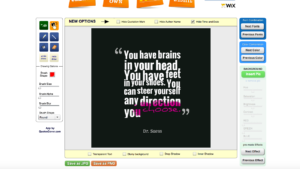
Quotes Cover is my favorite website to use for quotes. If you add an asterisk (*) in front of a certain word, it’ll give that word a fun color or font.
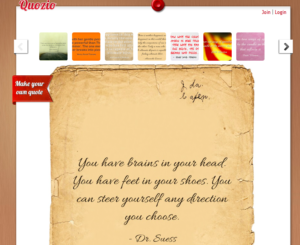
Quizio works well too, but it isn’t as customizable as Quotes Cover and, at least for me, it takes a while to load. I typically use Quozio for writing prompts.
Images:

Free Images does require a membership (which doesn’t cost you anything), but it has the best variety and highest quality of photos I’ve found so far. You also aren’t required to include attributions at the bottom, depending on what you use the photo for.

I used to go to Photopin a lot before I joined Free Images. It has one of the best selections for free photos I’ve seen. If you want free photos without a membership, I’d say this website is your best bet, though attributions do need to be included.
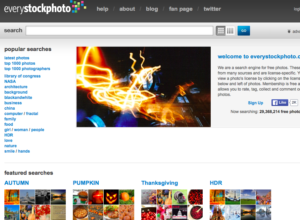
Everystockphoto is a fairly good website. I usually look here is I can’t find something on Photopin.
Plug-Ins:
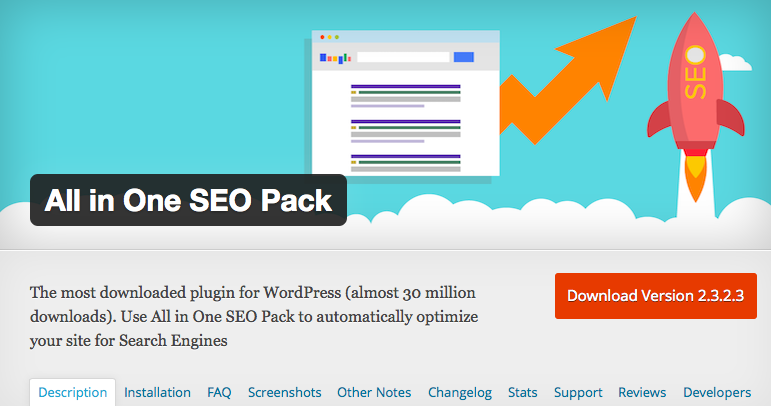
I love this plug-in! It makes SEO so much easier. It’s absolutely free, and if you subscribe, you get a free ebook on SEO tips, which is very, very helpful. I didn’t fully understand SEO and keywords until after I’d finished reading it.
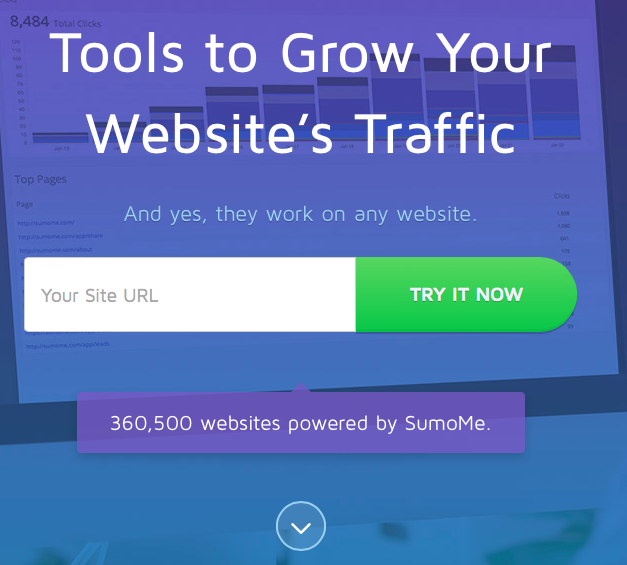
Another super helpful, free plug-in. Sumo Me has several programs to increase and track your blog traffic. I’ll list a few below.
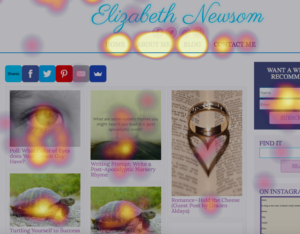
Heat Maps shows you where you’re getting the most clicks on your website.
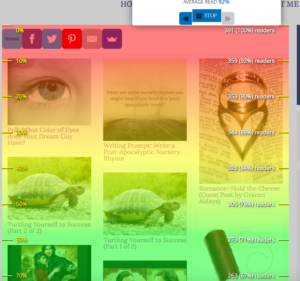
Not only does Content Analyzer have pretty colors, but it tells you how many people have read that page and how much they’ve read.
Google Analytics (Can Be Used with SumoMe)
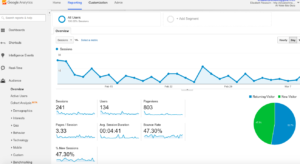
Google Analytics is very helpful for tracking who’s visiting your website and what key words they’re using. It is a SumoMe app, but it also functions independently.
Writing
Websites:
helpingwritersbecomeauthors.com
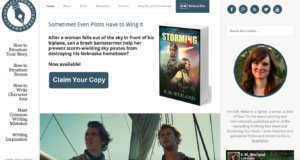
This was the very first writing blog I’d ever subscribed to. I was in awe of the sheer mass of valuable writing content, and if you’re an outliner, you’ll find K.M. Weiland’s character arc series and story structure series are very helpful.
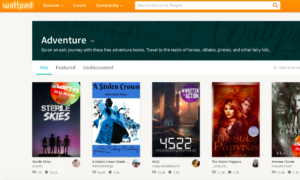
This is a great way to put your work out there and get some feedback. WattPad does both fan fiction and original works. Some of the stories people publish there aren’t PG, so be warned.
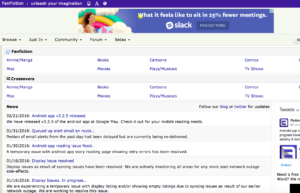
This website is specifically for fan fiction. It’s less crowded than WattPad, so it might be easier to have some of your work seen on here.
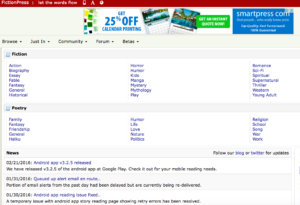 Fiction press has the fewest members out of Fanfiction and WattPad, judging from the activity. Fictionpress was made by the same company as Fanfiction.net, so if you’ve been on Fanfiction.net before, Fictionpress will be pretty easy to navigate. Updating stories, approving comments, and looking at your traffic can be a bit difficult at first, so do your research.
Fiction press has the fewest members out of Fanfiction and WattPad, judging from the activity. Fictionpress was made by the same company as Fanfiction.net, so if you’ve been on Fanfiction.net before, Fictionpress will be pretty easy to navigate. Updating stories, approving comments, and looking at your traffic can be a bit difficult at first, so do your research.
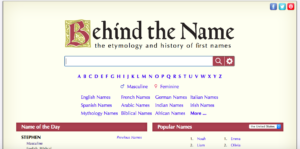
This is a great website for generating names and researching the meaning behind names.
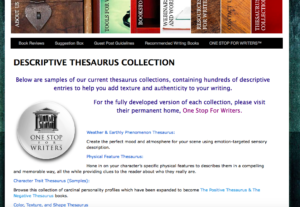
Love the resources here! They have a page filled with various thesauri and another page with various tools for writers.
Podcasts:
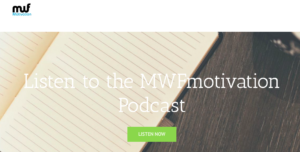
This podcast isn’t writing-related, but even so, I’d encourage you to listen to it. Their mission is to help you become the best version of yourself and to achieve success in all areas of your life.
![]()
Each podcast episode covers various writing topics like: sub-genres, selling your manuscript, editing, etc.
Programs:
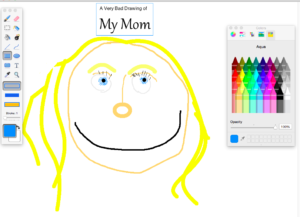
I own a Mac, which means I don’t have the Microsoft paint program. Paintbrush is the best free program for the Mac I could find. I’ve it to draw a few maps for my stories. To show you a few of the tools you can use, I drew a picture, as you can see above (Don’t judge).
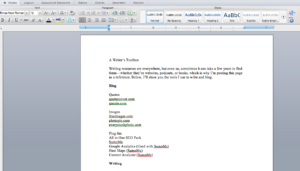
And, as most writers do, I use Microsoft Word. You do have to purchase it and pay for it either on a monthly or yearly basis if you use it on a Mac.

Power Point isn’t only for presentations. If you decide to post something on Wattpad or one of the other sites, I recommend using the photoshop on Power Point to help with your book cover, since it’s very easy to use.

I use this occasionally to edit photos or add font.
Books:
Structuring Your Novel by K.M. Weiland
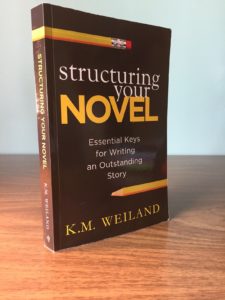
I just finished reading this! A lot of K.M. Weiland’s blog material is included in here. Great for outlining.
Your First 1000 Copies by Tim Grahl
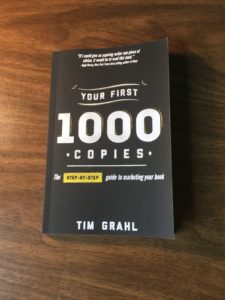
This is a great guide on marketing your book. He has quite a lot of tips for blogs.
The Positive Traits Thesaurus, The Negative Traits Thesaurus, and The Emotion Thesaurus by Angela Ackerman and Becca Puglisi
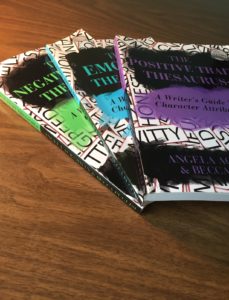
This entire series of thesauri is super helpful. I’ll be using them frequently as I edit 🙂 I’ll post some pictures of the entries below, so you get an idea of what each book covers.
Education of a Wandering Man by Louis L’amour
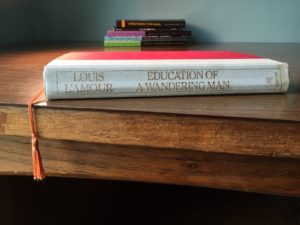
This is Louis L’amour’s biography. He does have a few things to say on writing, but this book is worth reading for the experience alone. There are several lists of the books he read during certain years in the very back of the book. I’m hoping to read a few of the things that he’s read, and it’s inspired me to record the books I’ve read.
Journals:
This is the last category! The list of journals here is more of a suggestion than a resource.
Conference Notes
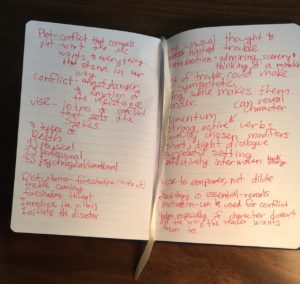
I keep all my notes from conference writing workshops and continuing educations in this notebook.
Agents
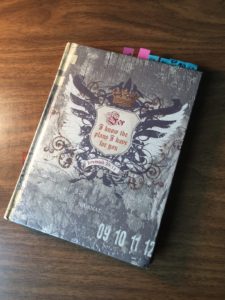
When I’m researching for potential agents or agents I have appointments for in conference, I write down the details in one of my notebooks.
Story Structure
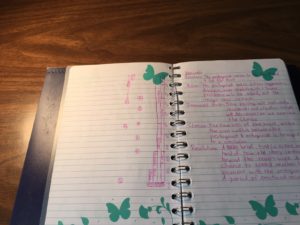
I use this to summarize what should happen at each plot point, pinch point, etc. Most of the information is from K.M. Weiland’s helping writers become authors blog.
Story Ideas
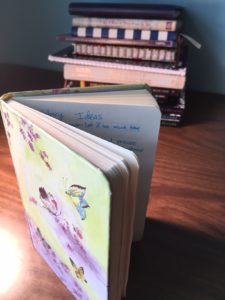
In this journal, I write down any and every story idea that crosses my mind, whether it’s a character, story concept, or scene.
Did you find this page helpful? What kinds of programs, plug-ins, podcasts, etc. do you use? What writing books have you found to be the most helpful? What kinds of things do you journal about?
